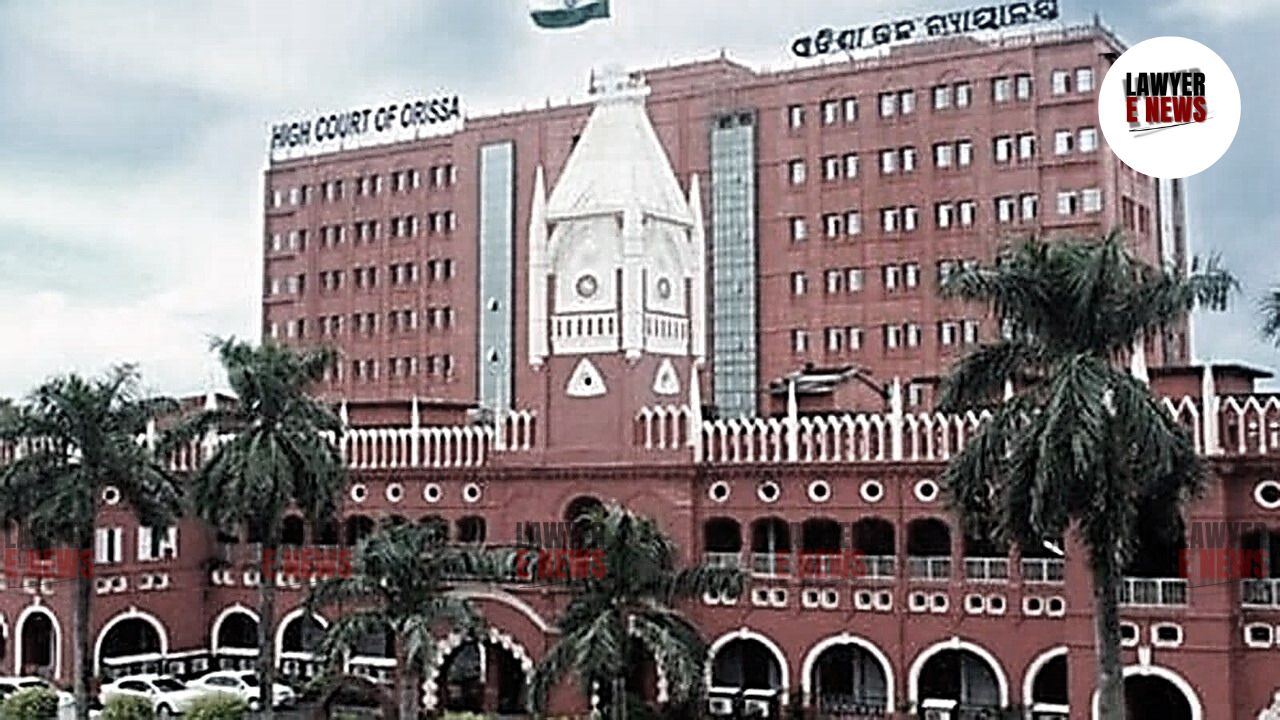-
by Admin
15 February 2026 5:35 AM



Orissa High Court dismissed the writ petition filed by Swarna Prakash Routray challenging the e-auction sale of a property mortgaged for a loan availed by his wife under the Securitisation and Reconstruction of Financial Assets and Enforcement of Security Interest (SARFAESI) Act, 2002. The Court ruled that the petition was not maintainable as an alternative statutory remedy existed under the SARFAESI Act.
"Guarantor’s Right to Challenge E-Auction After Notice Is Limited Under SARFAESI"
Key Judgment Highlight: The Court observed, “The right of redemption extinguishes upon the publication of the e-auction notice. The petitioner, as the guarantor, cannot claim the right to redeem the property post-auction under the amended provisions of Section 13(8) of the SARFAESI Act."
The petitioner, Swarna Prakash Routray, was the guarantor of a loan availed by his wife for business purposes. The loan was secured against a residential property. After the business failed, the loan account was classified as a Non-Performing Asset (NPA), and the bank initiated recovery proceedings under the SARFAESI Act.
The bank issued notices under Section 13(2) and Section 13(4) of the SARFAESI Act, and later conducted an e-auction on September 15, 2021, where the property was sold. The petitioner sought to challenge the e-auction, claiming that the bank had violated his rights by not considering his proposal for a One-Time Settlement (OTS) and by proceeding with the auction without proper notice.
The primary issue was whether the High Court could entertain a writ petition under Article 226 of the Constitution when an alternative remedy was available under the SARFAESI Act.
Right of Redemption: The Court emphasized that the petitioner’s right to redeem the property was extinguished once the e-auction notice was issued under Rule 9(1) of the Security Interest (Enforcement) Rules, 2002, following the amended Section 13(8) of the SARFAESI Act.
Exhaustion of Statutory Remedies: The Court referred to Supreme Court rulings that stress the importance of exhausting statutory remedies, such as filing an application before the Debt Recovery Tribunal (DRT) under Section 17 of the SARFAESI Act, before approaching the High Court.
Bank's Actions: The Court found that the bank had acted lawfully by issuing the required notices and proceeding with the e-auction after the petitioner failed to settle the loan. The Court also dismissed claims that the bank violated the Court's prior orders regarding the settlement process.
The Orissa High Court dismissed the writ petition, advising the petitioner to pursue remedies under the SARFAESI Act. The petition was deemed an attempt to bypass statutory procedures and delay the recovery process.
Date of Decision: October 8, 2024
Swarna Prakash Routray vs. The General Manager, Karur Vysya Bank & Ors.
